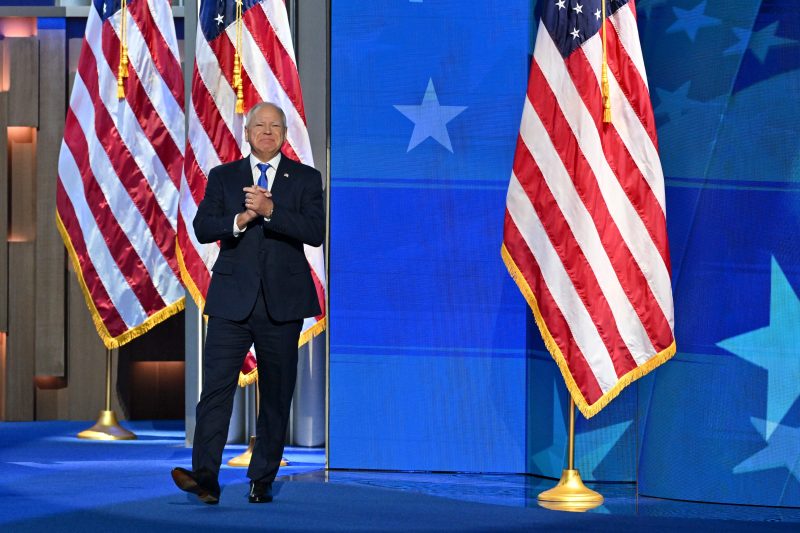
Unleashing China’s Might: Candidates Weaponize Its Rise as Attack Strategy
Since ancient times, China has been recognized as one of the world’s oldest civilizations, boasting a rich history and culture. Over the past few decades, China has emerged as a global economic powerhouse, undergoing rapid industrialization and technological advancements. As the country’s power and influence continue to grow on the international stage, it has become a focal point in political debates and discussions across the globe.
With China’s increasing dominance in various sectors such as trade, technology, and manufacturing, many political candidates have used it as a prominent attack line in their campaigns. This can be seen as an attempt to appeal to voters by tapping into concerns over China’s growing influence and its potential impact on domestic industries and job markets. The perception of China as a formidable economic competitor has led to a new dynamic in political discourse, with candidates leveraging anti-China sentiment for their own political gain.
While the use of China as an attack line in political campaigns can be an effective strategy to rally support, it is crucial to recognize the complexities of the relationship between nations in today’s interconnected world. China is not only a trading partner but also a key player in addressing global challenges such as climate change, security threats, and pandemics. As candidates seek to paint China in a negative light for their own political agenda, it is essential to maintain a nuanced and balanced approach in addressing the multifaceted aspects of this crucial relationship.
Moreover, the portrayal of China as a monolithic entity fails to acknowledge the diversity and complexity within the country itself. China is home to a vibrant culture, a diverse population, and a dynamic economy that encompasses both strengths and challenges. By reducing China to a mere adversary or a threat, political candidates risk oversimplifying a complex geopolitical landscape and overlooking the potential for cooperation and mutual benefit.
In conclusion, while the use of China as an attack line in political campaigns may resonate with certain segments of the electorate, it is essential to approach this issue with care and understanding. Recognizing China’s growing power and influence is crucial, but demonizing or scapegoating the country for political gain oversimplifies the intricate dynamics of international relations. As candidates navigate the complexities of addressing China in their campaigns, a nuanced and informed approach that considers the broader implications of this relationship will be essential in promoting a constructive dialogue and fostering mutually beneficial partnerships in a rapidly changing world.
